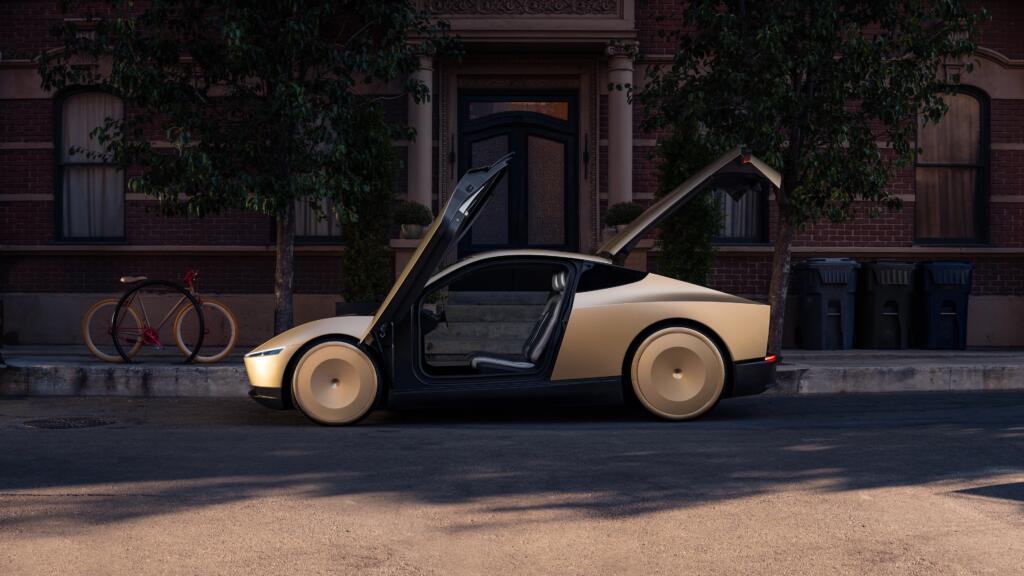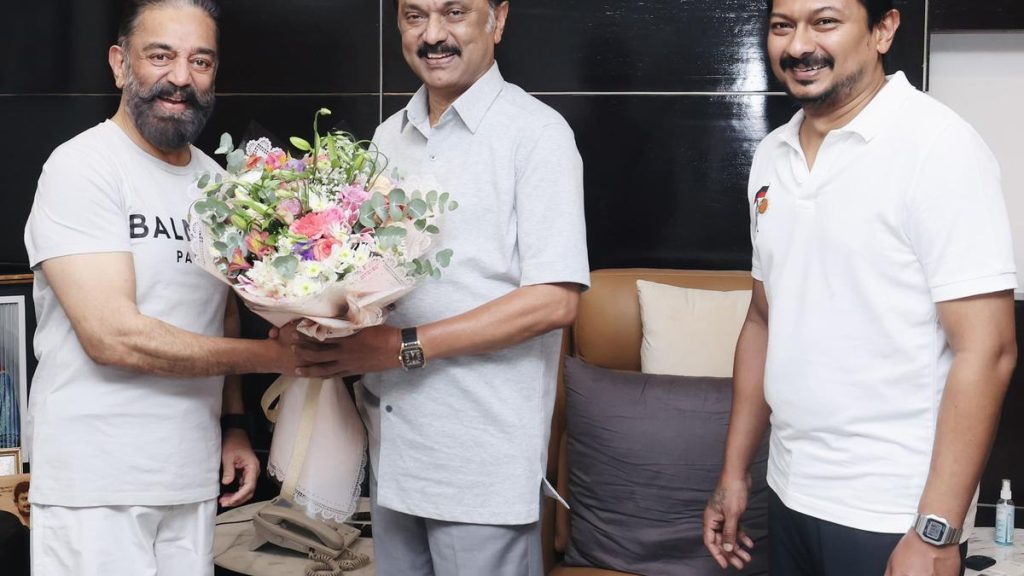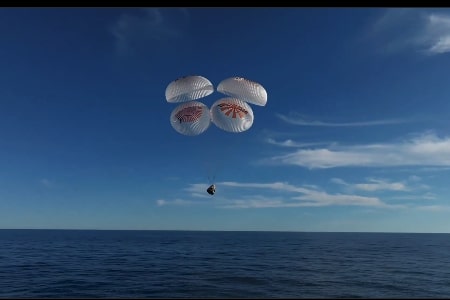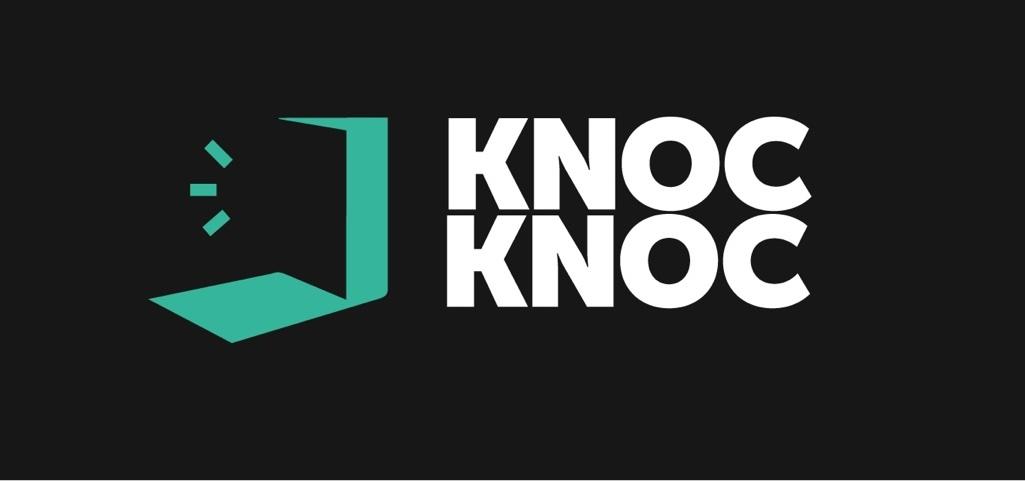Now Reading: Tesla Gains Approval for Robotaxi Services in California
-
01
Tesla Gains Approval for Robotaxi Services in California
Tesla Gains Approval for Robotaxi Services in California

Swift Summary
- Tesla Granted Initial Approval:
– the California Public Utilities Commission (CPUC) has granted Tesla a transportation charter-party carrier permit (TCP), the first step toward operating robotaxis.
– This approval allows Tesla to offer prearranged passenger transport using company-owned vehicles operated by Tesla employees.
- Current Scope of Permit:
– Initially,rides will be limited to transporting Tesla employees on a prearranged basis.
– Once additional approvals are secured, the service will extend to public passengers.
- Limitations of the Permit:
– the TCP permit does not allow full autonomous vehicle operations or participation in ride-sharing platforms like Uber or Lyft.
– Tesla must secure further permits, including:
– Autonomous Vehicle Testing and Deployment Permits from the California DMV for driverless operation.- A CPUC AV Passenger Service Permit for commercial AV passenger services.
- Regulatory Hurdles Ahead:
– Additional approvals are required for driverless testing/deployment, public transportation fares, local compliance with city regulations, airport agreements, accessibility standards, and environmental regulations.
Indian Opinion Analysis
The CPUC’s approval marks an incremental but significant step for Tesla’s ambitions in autonomous mobility. While still far from offering fully driverless robotaxi services to the general public, this growth positions Tesla strategically within California’s highly competitive autonomous vehicle market.
This highlights both regulatory complexity and opportunities within emerging technologies like AI-powered transportation. For India-a country with multiplying urban mobility challenges-this serves as an example of structured regulatory pathways that balance technological innovation with safety and civic duty. aligning similar frameworks locally could accelerate India’s readiness for electric autonomous solutions while addressing dense urban conditions and sustainability goals.























